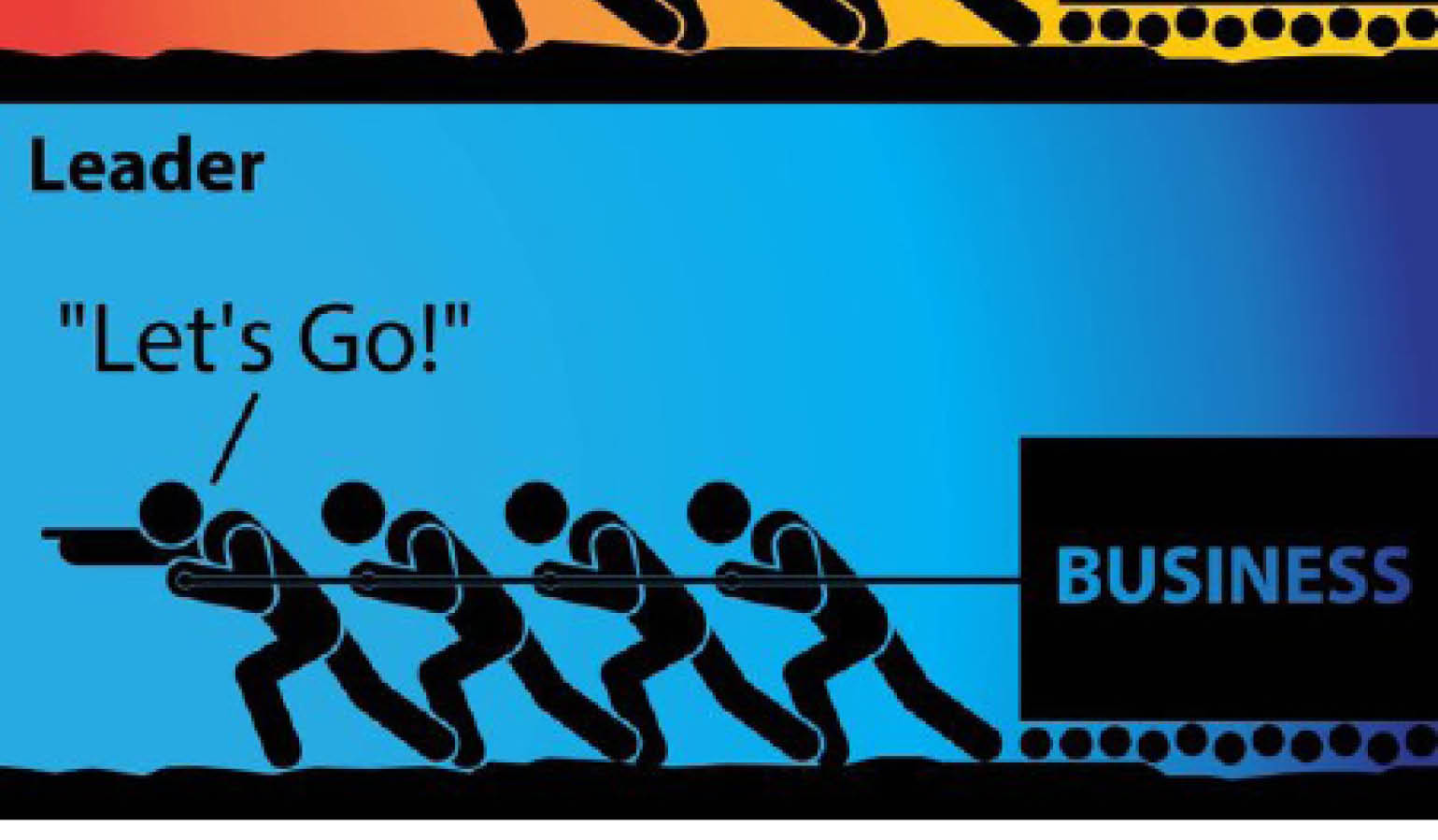Matters arising from PMB’s 2015 Chatham’s House lecture
As the 2023 general elections draws closer, the challenge posed by the leadership question directly points to Nigerians. The debate centering on Nigeria’s leadership question recently got revived following a social media post, of parts of President Muhammadu Buhari’s lecture delivered at Chatham House on 21st February, 2015 and plethora of opinions it elicited across […]

Matters arising from PMB’s 2015 Chatham’s House lecture
As the 2023 general elections draws closer, the challenge posed by the leadership question directly points to Nigerians. The debate centering on Nigeria’s leadership question recently got revived following a social media post, of parts of President Muhammadu Buhari’s lecture delivered at Chatham House on 21st February, 2015 and plethora of opinions it elicited across quarters of enlightened citizens.
In the lecture, PMB avers: “What is the difference between me and those who elected us to represent them; absolutely nothing. Why should a Nigerian President not fly with other Nigerian public? Why do I need to embark on foreign trip as a president with a huge crowd with public funds? Why do I need to go for foreign medical trip if we cannot make our hospitals functional? Why do we need to send our children to school abroad if we cannot develop our university to compete with foreign ones?”
- Police inspector nabbed for harassing motorist over tinted permit
- Court orders final forfeiture of Diezani’s Lekki property
The opinions the above elicited and the arguments it raises is still brewing, with some attributing the failure of the PMB-led administration to the “system” , while others, shift blame on the people particularly the Nigerian society, describing it as being fundamentally corrupt. To the blamers of the masses and the society, they must know that leaders are the mirror of the society.
Be that as it may, leadership is all about piloting the affairs of the society, state or institution. The role of leaders at all levels therefore, is similar to that of a pilot and a driver. The poser we must raise is whether it is the man who operates the “system” or is the “system” that operates the man. Put more bluntly, is it man that drives the car or is the car that drives man? It is generally agreed that leadership is about capability. It is the responsibility of the leader to sustain a system or change it; the “change” slogan which Nigerians thought PMB and his cohorts could bring into reality, while voted for him overwhelmingly in 2015.
Leadership question has been the bane of our society. The problem is not entirely that of the masses as some would have us believe. That is to say, the Nigerian masses or people are not so corrupt that there is no one good person among us capable of delivering quality leadership. To attribute the failure of PMB to others or things other than himself, is like a proverbial gun shot in the wrong direction.
Whatever perspective one looks at it, the man at the helm of affairs appears to have a residual history of abysmal failure in the 80s and the ongoing 2000s respectively. The argument that Nigerian leadership and development malady is a systemic problem does not hold any water as historical evidence would have us believe. Think of Cuba before Fidel Castrol; Tanzania before Julius Nyerere; China before Chairman Mao Tse Tung, even South Africa before the famous Nelson Mandela, as well as leaderships in several Latin American countries before now, one would discover men that rose up against choking systems and brought about development to their dear nations.
The Nigerian masses are always ready and yearning for progressive leadership come even 2023, but the problem has been histories of repeated leadership failure. Achebe of the blessed memory pointed out this long ago as the fundamental problem of Nigeria. If PMB and the APC know what “change” is and the mechanics of it, and if they knew they cannot afford it, why should they promise it? Who has bewitched PMB not to fly on a public plane with the people? Who has hindered him from building our hospitals? Who has been chasing him to frequently go to hospital in London, while even the clinic in the State House lies comatose? Who has hindered the administration from taking our universities to global standards? Who has hindered him from addressing ASUU’s demand once and for all? Who has hindered the administration from tackling the problems raised in his lecture?
As a matter of fact, research has shown that almost all his children schooled abroad; the children of our prominent political office holders attended universities overseas. Thus, the Nigerian public universities are allowed to die, while ASUU is constantly being held and deceived by negotiation upon negotiation without results.
In short, though the problem of Nigeria is cumulative and not entirely that of PMB’s administration, his inept leadership styles answered all the questions raised in the Chatham House’s Lecture. The problem the world over is the problem of leadership. PMB appears to lack the will power to deliver governance for public good. Rather than seeing the problem from bottom to up, the problem here is head to bottom. You cannot expect us to have blamed Dr. Goodluck Ebele Jonathan for the failure of his administration, while you would want us to exonerate PMB from the ‘first class failure’ of his administration. To avoid blame and counter blame after 2023 elections, Nigerians should be cautious as they go about their choices.
Dr. Godwin Onuh Odeh writes from the Department of History, Sokoto State University
